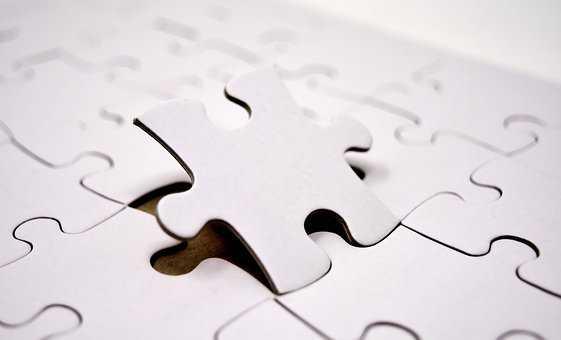Forming New Memories
Our consciousness is deeply connected to our thinking and memory, and self-remembrance is an automatic feature of our brain.
People who have survived accidents or illness which limit their brain functioning, making them unable to form any new memory, question the presumption we have of our minds being our sole repository of identity.
86
690 reads
The idea is part of this collection:
Learn more about health with this collection
How to overcome unwanted thoughts
How to manage intrusive thoughts
How to change your attitude towards intrusive thoughts
Related collections
Read & Learn
20x Faster
without
deepstash
with
deepstash
with
deepstash
Personalized microlearning
—
100+ Learning Journeys
—
Access to 200,000+ ideas
—
Access to the mobile app
—
Unlimited idea saving
—
—
Unlimited history
—
—
Unlimited listening to ideas
—
—
Downloading & offline access
—
—
Supercharge your mind with one idea per day
Enter your email and spend 1 minute every day to learn something new.
I agree to receive email updates
